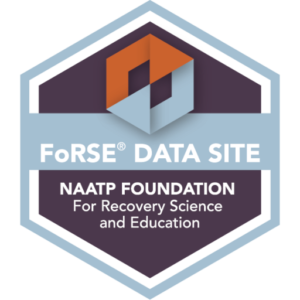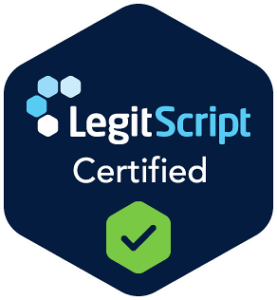Our Services
Achieving recovery from substance use and mental health disorders is a challenging but valuable process. Since every individual is different, treatment for these disorders must be diverse, comprehensive, and flexible. At Longleaf Recovery & Wellness, our programs offer an extensive array of services to provide all of our clients the best opportunity for a better life.
Learn more about our services below:
Individual Therapy
Detox
Group Therapy
Psychoeducation/
Lifeskills
Medication Management
Family Support Group
Brainspotting & EMDR
Neuropsychological Testing
Genetic Testing
Healthcare Professional Evaluations
Aftercare Support
Assessment & Diagnosis
Acceptance &
Commitment
Therapy
Medication for Substance Use Disorder
Insurances We Accept
